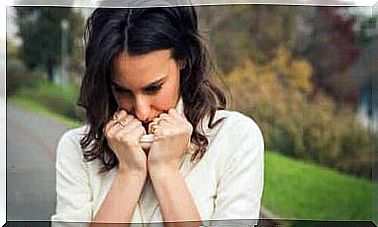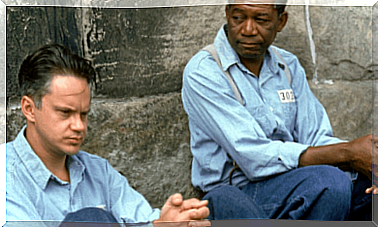Placed In The Corner: Forgotten Children
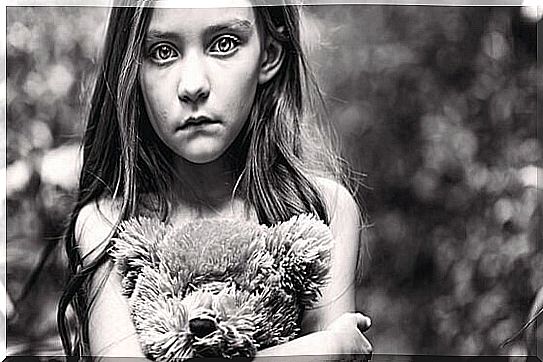
Forgot children. The child who was not loved by his parents. The child who grew up in a corner. He will be stuck there for many years, even when he grows up, because his childhood was stolen and love was denied. He is still attached to the hungry and angry child he once was. He is stuck in his childhood trauma.
The book Parenting from the Inside Out , by psychiatrist and professor Daniel J. Siegel, provides the perfect expression for forgotten children: culture of shame. Behind these words hides a buried reality that we are often unaware of.
We refer to the young children who live in shame and confusion because they do not live in a typical family. They are without recognition, compassion, care, security.
Saved children are without a role in the home. It is the child who asks and never receives, the child who has learned that crying is useless. It is the child who never saw himself reflected in the parents’ eyes or felt their embrace. He forgot the child who never had an authentic home or caress that would assure him that everything would be fine. No one taught him to believe, in magic, in the universe, not even in himself.
These children in the culture of shame end up lost in the abyss of rebellion, rage and silence. A conflicting scenario that, believe it or not, is very common in our society.
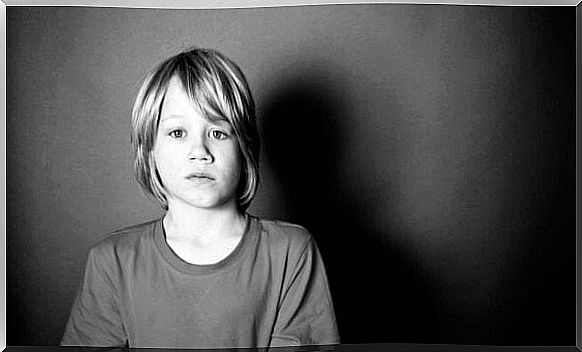
Forgotten children, neglected lives
When we think of the forgotten child, we often think of dysfunctional families. These are environments where physical and verbal abuse, immature parents and mental trauma are common. Where the child is marginalized. An environment that is characterized by emotional imbalance, insecurity and fear.
Now it is important to clarify something: the forgotten child lives closer to us than we think. He could even be our neighbor. Maybe he lives in an elegant house with three floors, or has parents who always seem friendly and smiling. Maybe you see them with their quiet child in hand, a hidden sadness in their eyes when they accompany him to school or to leisure activities.
Maybe he has his own set of keys, and you see him walk in and out of the house alone because his parents work every day, as they should. They come home tired without energy to interact with or listen to him. This is what should never be. In this situation, there is no violence, but the dysfunction is obvious. This is also a form of abuse : the lack of true love, the lack of a conscious and present parent, the lack of feelings for the child.
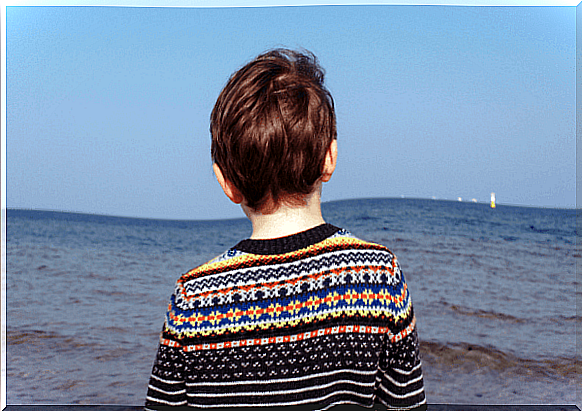
No one should live in a corner
No one should have to live in a dark room without love. Spending childhood in this type of environment, full of shadow and without love, will create inner conflict in the child that can take decades to resolve. Interestingly, Elisabeth Kübler-Ross wrote in her book, On Grief and Grieving , that those with a traumatic childhood have to go through a very special type of grief.
The Swiss-American psychiatrist explains that it is like starting to operate on a number of disordered emotions that are hidden in boxes. Each box gets more messy the deeper you go. It is a chaotic inner world where everything exists at once: rage, anger, deception, neglect and depression.
The forgotten child often becomes an inaccessible adult, people who keep to themselves and can not form lasting and meaningful relationships. This is because in a way they are still living in this culture of shame, where they are constantly wondering what they did to be unworthy of love. They never got the love needed to build and grow as a person.
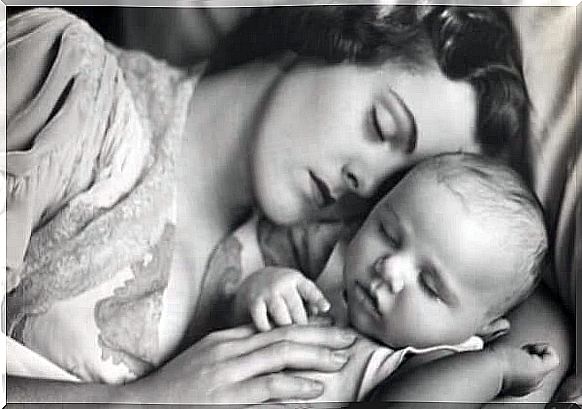
No one deserves to live in a corner, especially not children. Our children deserve to be greeted with caring words. They deserve our time even when we have had a long day. Furthermore , they deserve our infinite patience and comfort.
I would conclude with a suggestion: invest in being a parent and conscious parenting. Let us avoid creating more forgotten children, more lost childhoods. Think about the consequences your actions will have for the rest of your child’s life.
